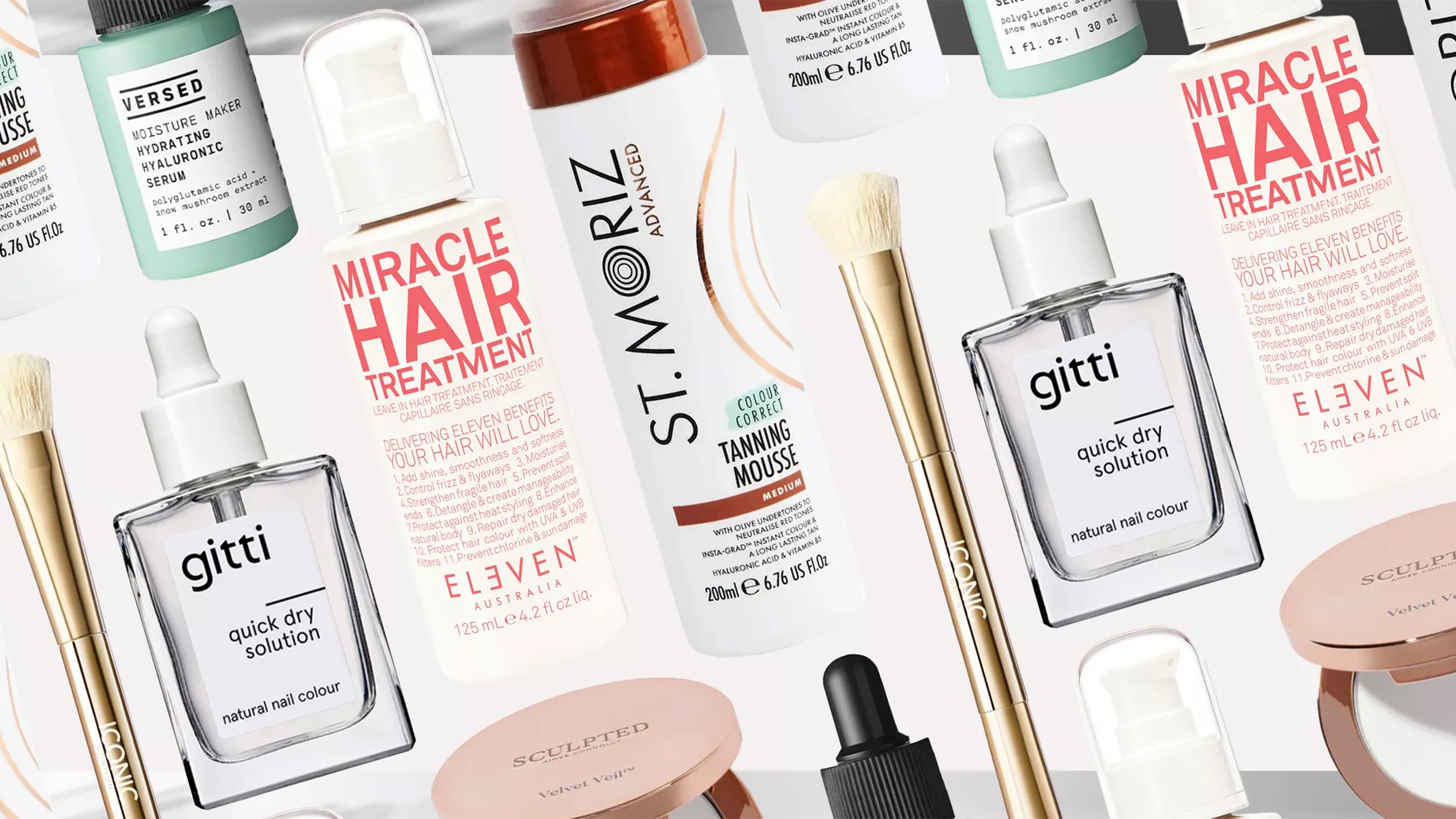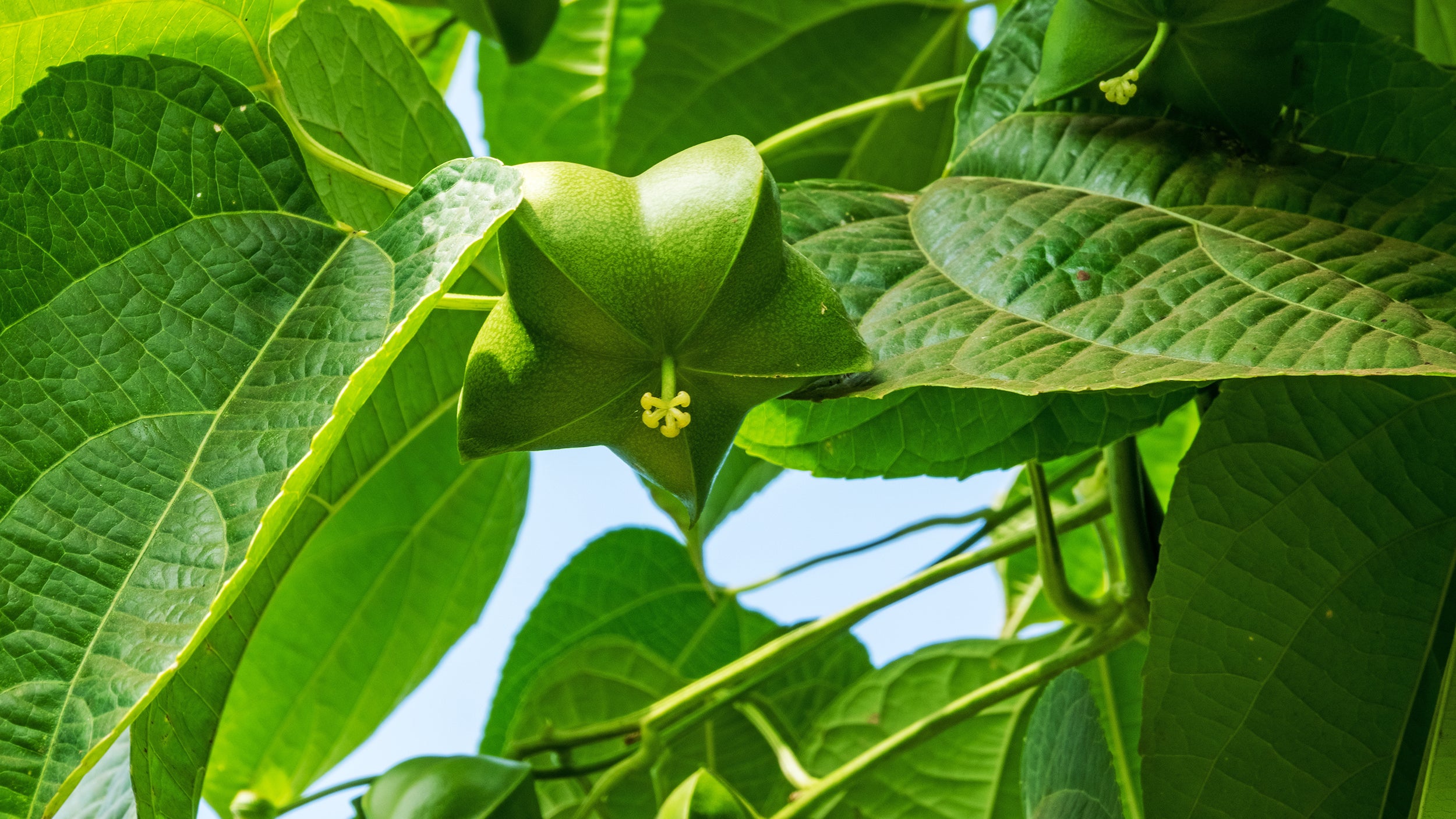
The Power of Active Botanicals
In an era where the pursuit of natural and holistic well-being is on the rise, active botanicals have emerged as one of the most intriguing and sought-after ingredients in various industries, from skincare to dietary supplements. But what exactly are active botanicals, and why have they become a buzzword in the world of wellness? In this blog post, we'll delve into the fascinating world of active botanicals, shedding light on their origins, benefits, and diverse applications.
Defining Active Botanicals
Active botanicals, also known as botanical actives or botanical extracts, are naturally derived compounds extracted from various parts of plants, such as leaves, roots, flowers, or fruits. These compounds are prized for their unique properties and potential health and wellness benefits. Unlike synthetic chemicals, active botanicals are obtained through gentle, sustainable extraction processes, preserving their potency and efficacy.
The Rich History of Active Botanicals
The use of botanicals for medicinal and therapeutic purposes dates back thousands of years across different cultures and civilisations. Traditional herbal remedies and natural plant extracts have played a crucial role in addressing various health concerns. Ancient civilisations like the Egyptians, Chinese, and Indigenous peoples have long recognised the healing properties of plants.
In recent years, modern science has started to unravel the secrets of these age-old remedies, confirming their potential benefits and understanding the active compounds responsible for their effects. This newfound knowledge has fueled the resurgence of active botanicals in contemporary health and wellness practices.
The Benefits of Active Botanicals
Active botanicals offer a wide range of benefits, making them valuable in several industries:
Skincare and Beauty: Many active botanicals possess antioxidant, anti-inflammatory, and moisturising properties. Ingredients like Camellia, Squalane, and Rosehip oils are commonly found in skincare products, offering natural alternatives to synthetic chemicals.
Dietary Supplements: Active botanicals are often incorporated into dietary supplements to support various aspects of health. For example, ginseng, ginkgo biloba, and turmeric extracts are popular choices for enhancing cognitive function, energy levels, and overall well-being.
Traditional Medicine: In traditional medicine systems like Ayurveda and Traditional Chinese Medicine, active botanicals continue to be a fundamental component of treatment regimens. They are used to address a wide range of health issues, from digestive problems to stress management.
Nutrition: Active botanicals are also incorporated into culinary practices. Herbs and spices like basil, oregano, and cinnamon not only add flavor but also provide potential health benefits due to their active compounds.
Pharmaceuticals: Some active botanicals serve as the basis for pharmaceutical drugs. For instance, aspirin, originally derived from willow bark, is widely used as a pain reliever and anti-inflammatory medication.
Sustainability and Ethical Sourcing
The growing demand for active botanicals has raised concerns about sustainability and ethical sourcing. To address these issues, many companies are adopting eco-friendly practices and supporting fair trade initiatives. This ensures that the cultivation and harvesting of botanicals are done in a way that respects the environment and benefits local communities.
Conclusion
Active botanicals represent a bridge between ancient wisdom and modern science, offering a treasure trove of natural compounds with the potential to enhance our well-being. From skincare to dietary supplements and traditional medicine to pharmaceuticals, these plant-derived extracts have found their place in diverse industries. As the demand for natural and sustainable solutions continues to grow, active botanicals are poised to play an even more significant role in the future of wellness. Embracing these gifts from nature can lead us on a path towards holistic health and a deeper connection with the natural world.
Look out for the amount of active botanicals sticker on our products to find out how many are used in the formulation.











